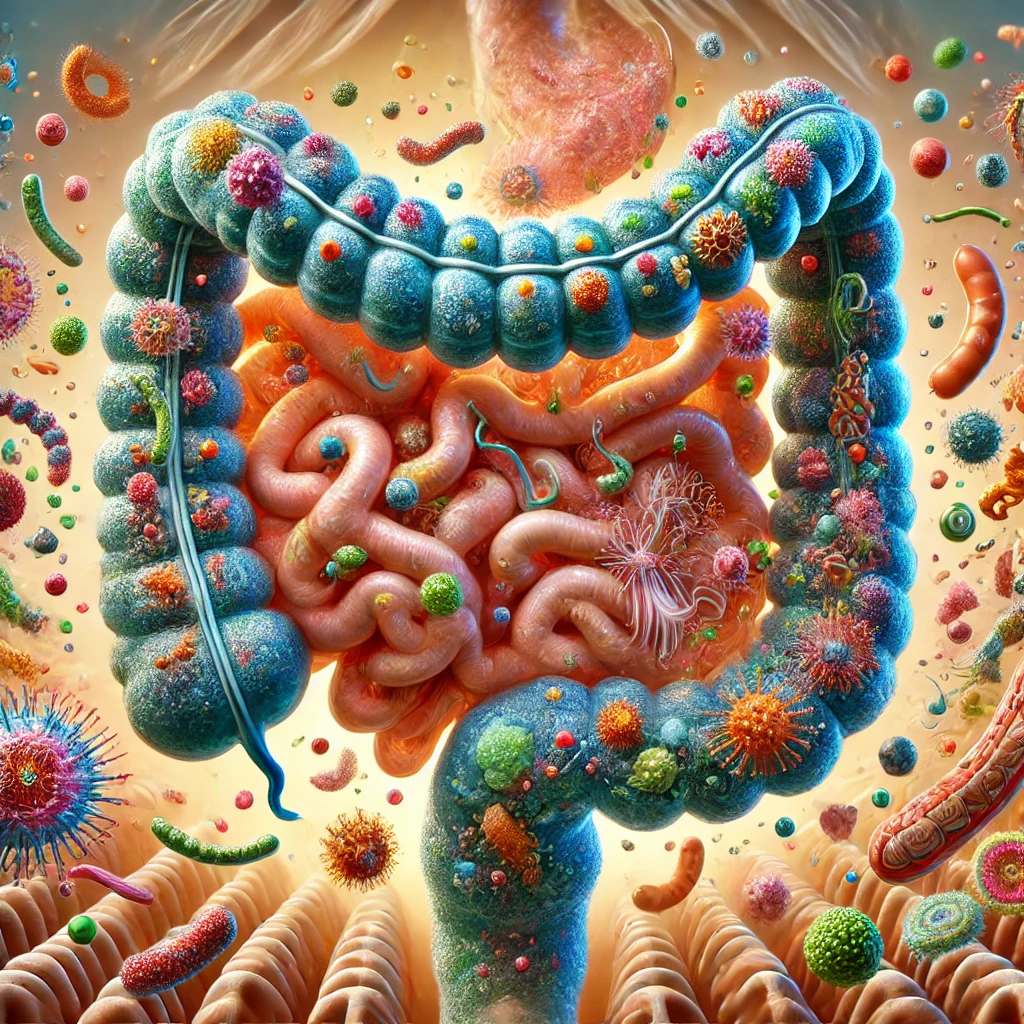A less widely acknowledged aspect of nutrition is that we don’t just feed ourselves—we also feed a complex ecosystem of microbes living inside our digestive tract. Collectively known as the gut microbiome, these trillions of bacteria, viruses, and fungi are influenced by the foods we eat and, in turn, dramatically affect our overall health. Although fiber was once considered just “roughage,” we now know it’s vital fuel for beneficial gut bacteria. As they digest fibers that we can’t break down on our own, they produce short-chain fatty acids and other metabolites that help regulate inflammation, support the immune system, and even influence mood and metabolism.
This relationship is so intricate that the same food can affect different people in unique ways. Two individuals eating identical meals might experience different blood sugar responses or feelings of fullness due to variations in their gut microbes. Scientists have discovered that shaping a healthier microbiome—through balanced diets rich in diverse, whole foods—can potentially reduce the risk of chronic diseases, enhance nutrient absorption, and improve overall well-being. Thus, nutrition is not just about the nutrients themselves; it’s about cultivating an internal community that helps transform our diet into genuine, lasting health benefits.
References
Sonnenburg, J. L., & Sonnenburg, E. D. (2019). The ancestral and industrialized gut microbiota and implications for human health. Nature Reviews Microbiology, 17(6), 383–390.
Lynch, S. V., & Pedersen, O. (2016). The human intestinal microbiome in health and disease. New England Journal of Medicine, 375(24), 2369–2379.

